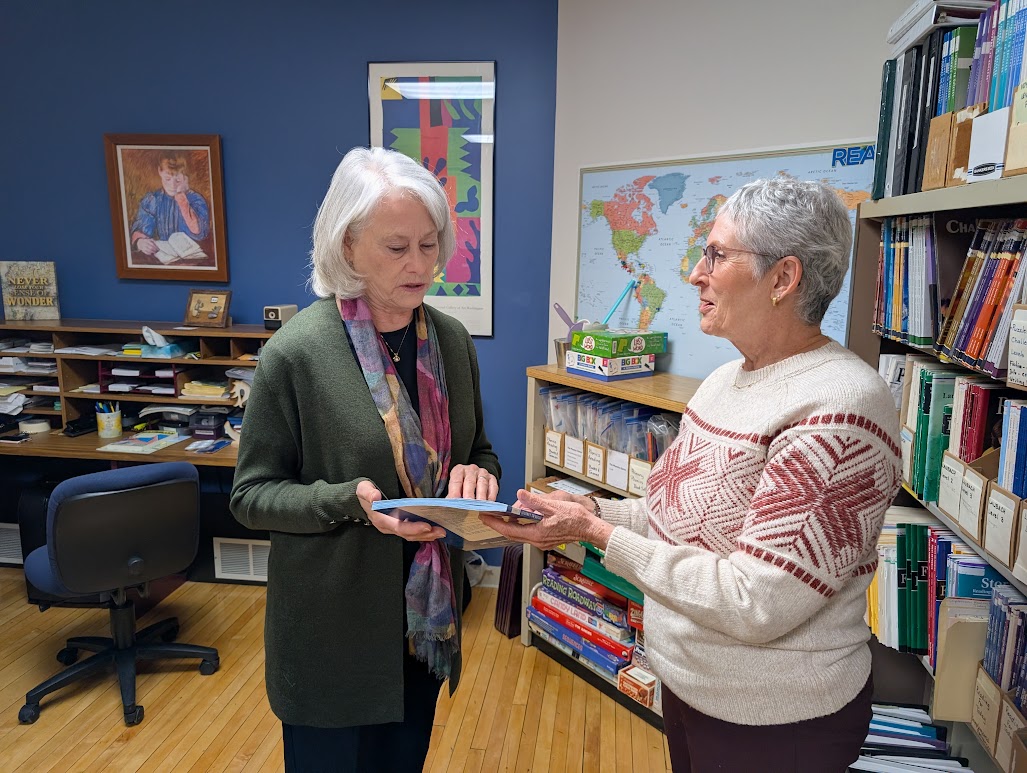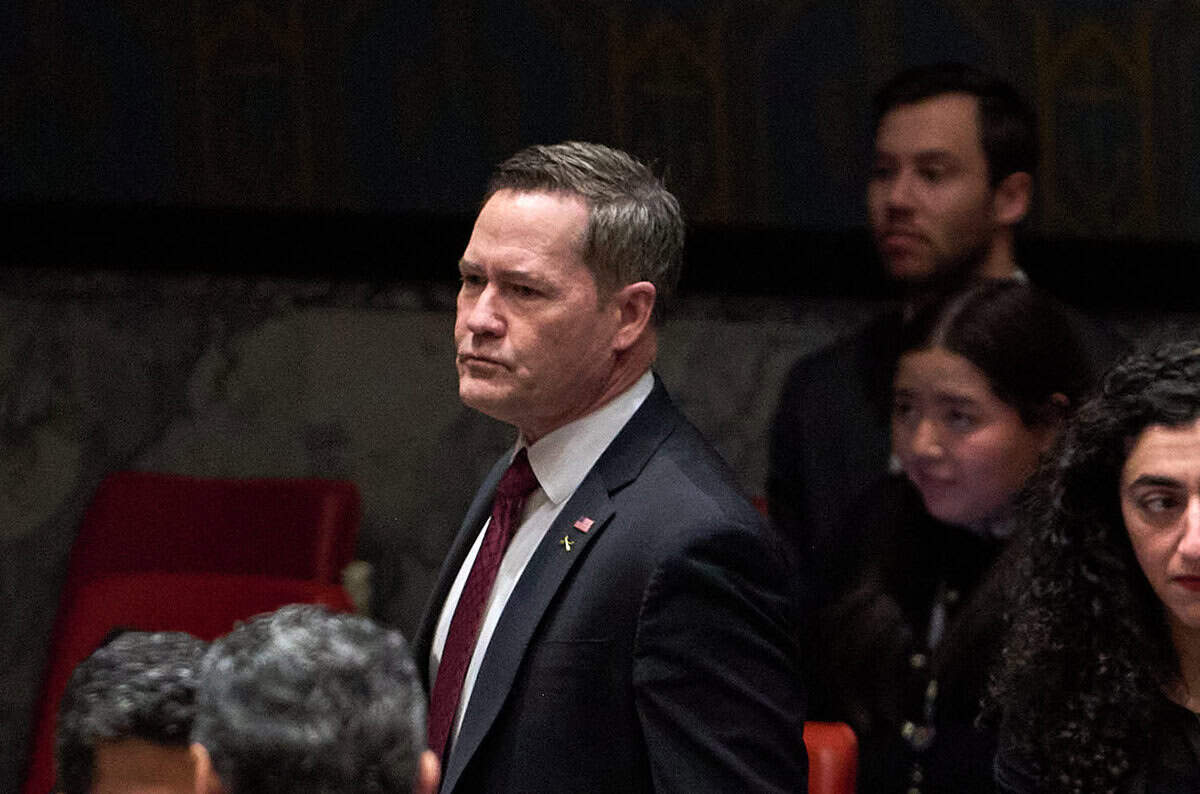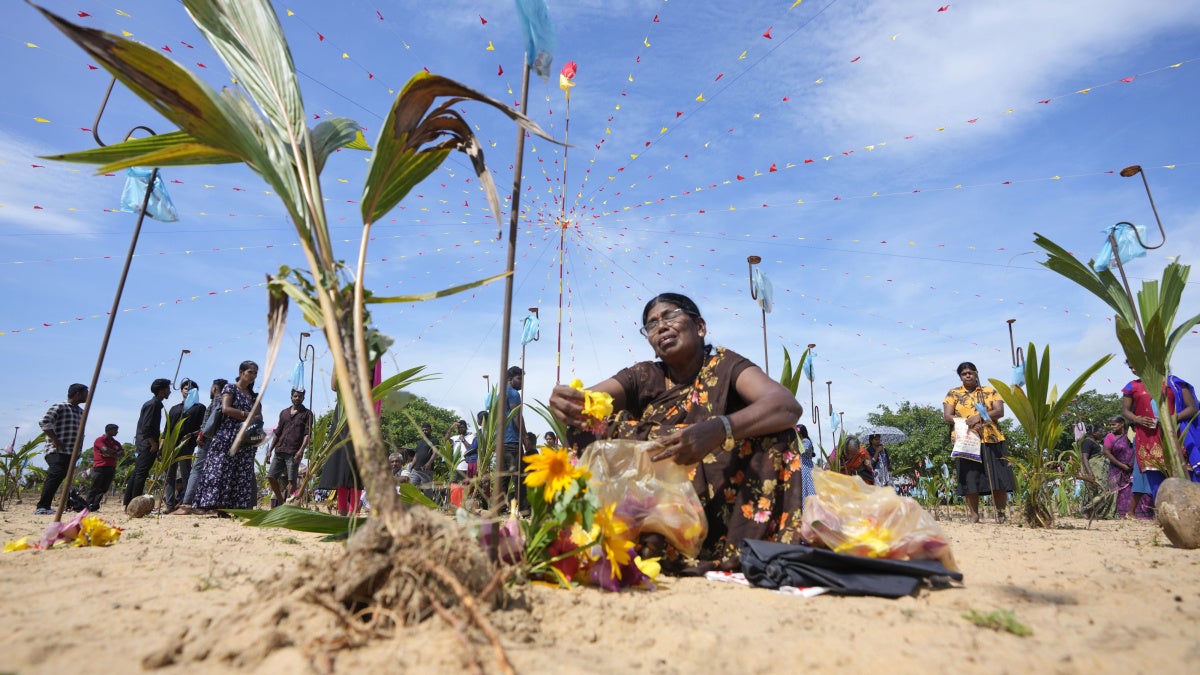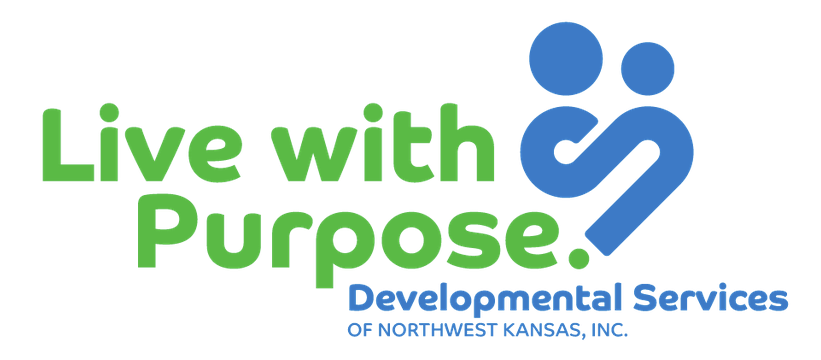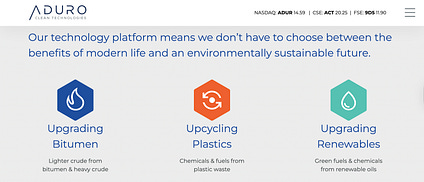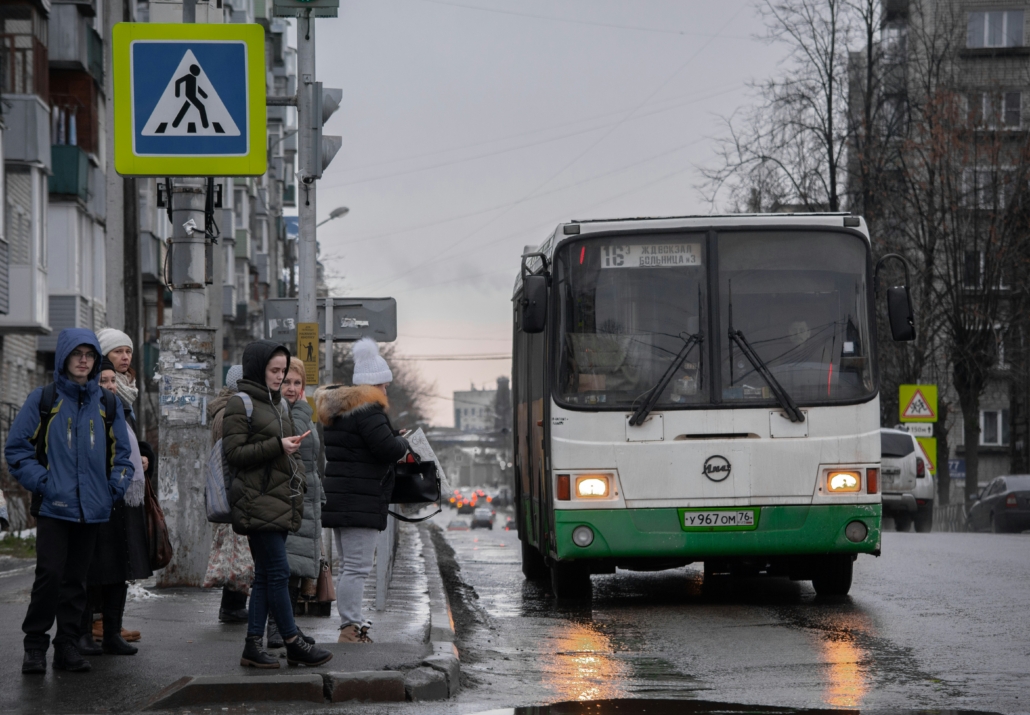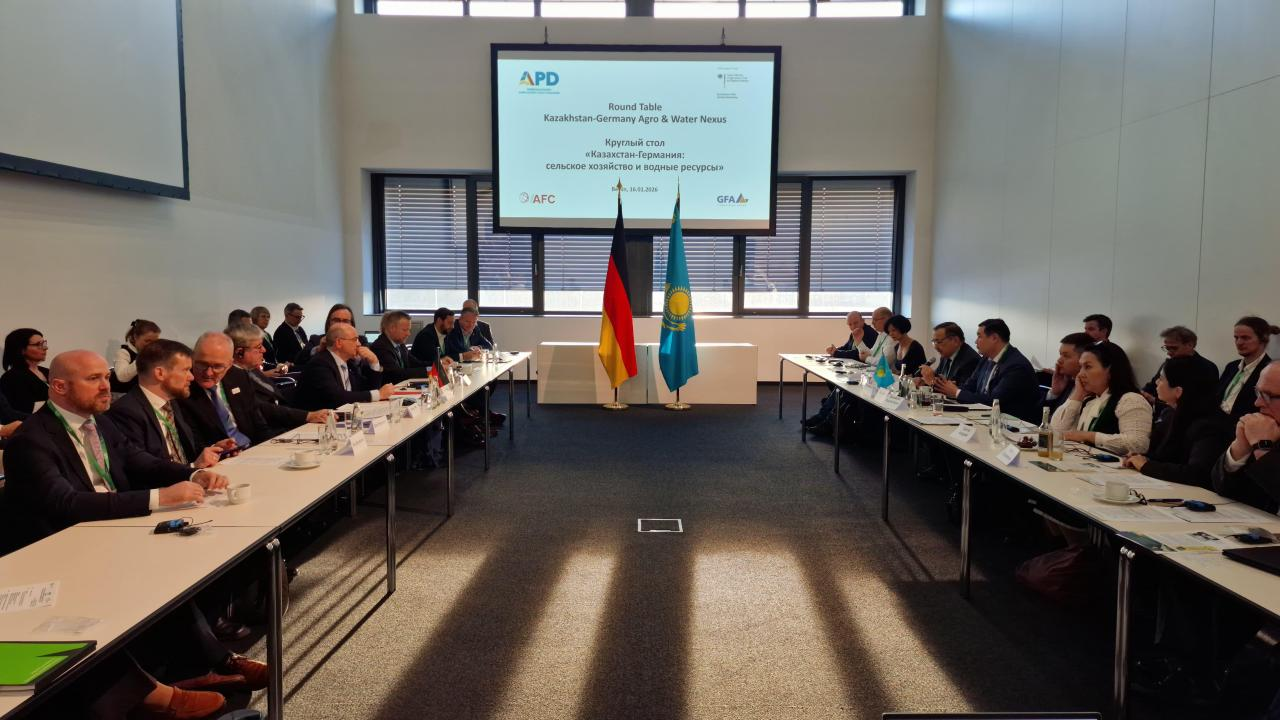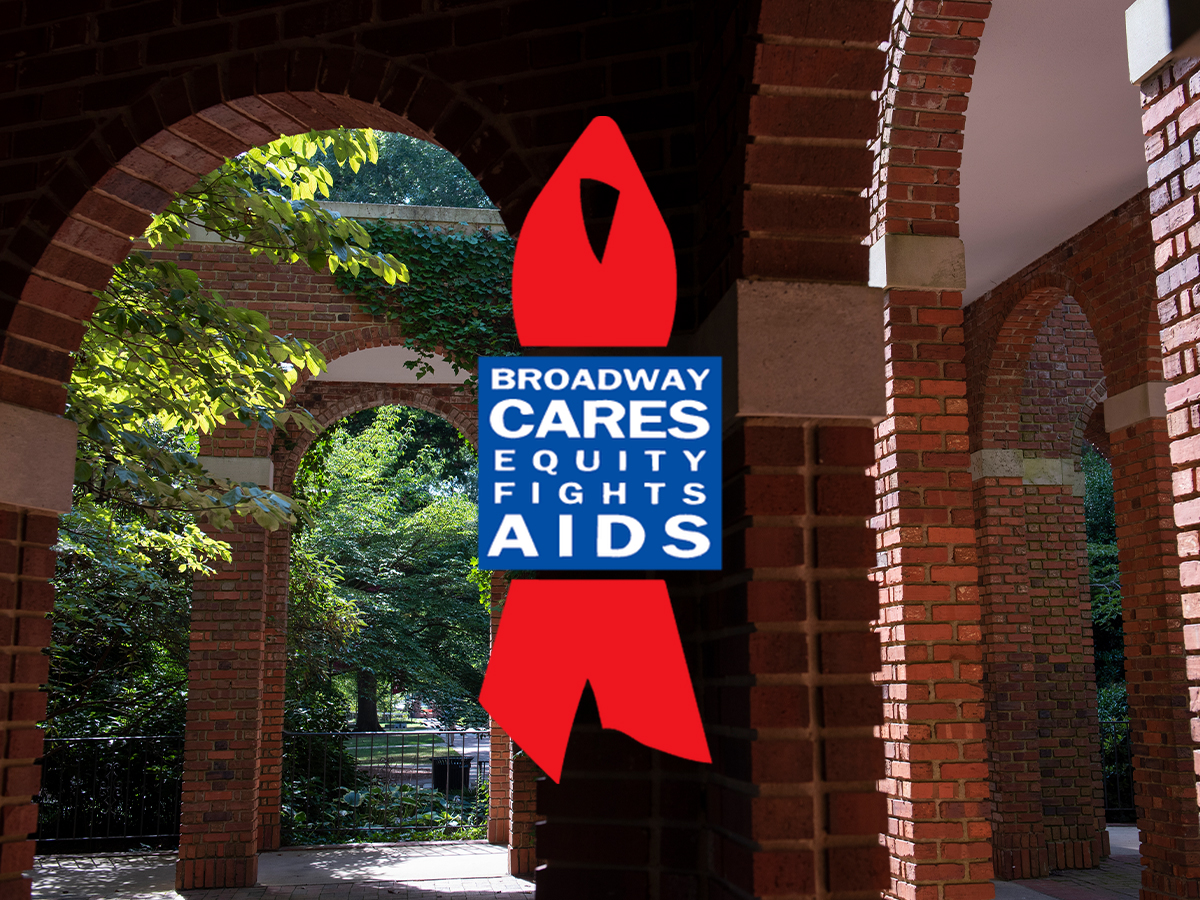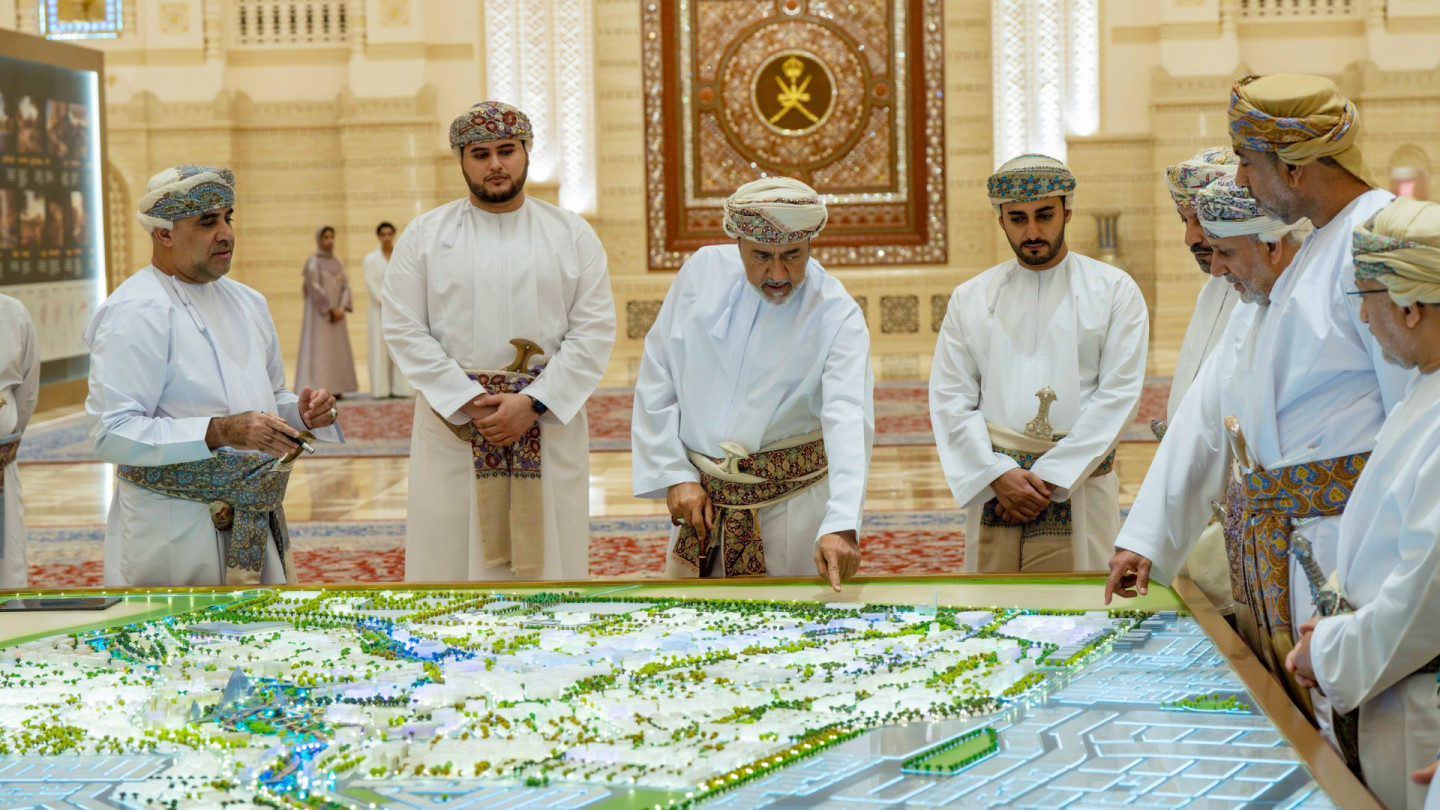Anisfield-Wolf Book Awards: 90 years of truth telling through literature – Fresh Water Cleveland
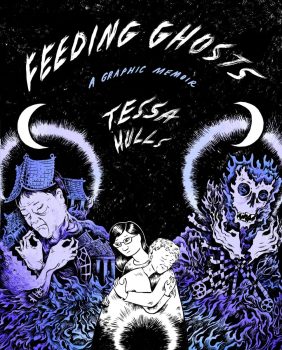
Cleveland Book Fest: Advancing Sustainable Development Goals Through Literary Engagement
The inaugural Cleveland Book Fest, a city-wide initiative in September, leverages literary arts to advance several key United Nations Sustainable Development Goals (SDGs). Through a collaboration of eight literary partners, the festival promotes artistic excellence and community engagement, with a significant focus on social justice narratives that align with SDG 10 (Reduced Inequalities) and SDG 16 (Peace, Justice, and Strong Institutions).
The 90th Anisfield-Wolf Book Awards: A Platform for Social Justice and Equality
A central component of the festival is the 90th anniversary of the Anisfield-Wolf Book Awards, which honors literature that confronts racism and celebrates diversity. This directly supports SDG 10 by promoting social inclusion and challenging discriminatory narratives. The awards ceremony and associated events serve as educational platforms, contributing to SDG 4 (Quality Education) by fostering a deeper public understanding of complex social issues.
2025 Award Honorees
- Lifetime Achievement: Yusef Komunyakaa, a Pulitzer Prize-winning poet, is recognized for his lyrical explorations of war, memory, and race, contributing to cultural dialogues essential for SDG 16.
- Fiction: Danzy Senna is honored for “Colored Television,” a collection that examines the complexity of identity, aligning with the principles of SDG 10.
- Memoir: Tessa Hulls receives an award for “Feeding Ghosts,” the first graphic memoir to win, which uses art to shape and understand identity, furthering the aims of SDG 4.
- Nonfiction: Jonathan D. S. Schroeder is awarded for “The United States Governed by Six Hundred Thousand Despots,” which rediscovers the slave narrative of John Swanson Jacobs, directly addressing the historical injustices targeted by SDG 10 and SDG 16.
- Poetry: Janice N. Harrington is celebrated for “Yard Show,” a collection that explores belonging, nature, and Black creative placemaking, touching upon themes relevant to SDG 11 (Sustainable Cities and Communities).
Festival Programming and SDG Alignment
The festival’s schedule includes a series of public forums, readings, and conversations designed to engage the community in critical discussions related to the SDGs.
Key Events
-
City Club Forum: Rediscovering Resistance
This forum features a conversation with Jonathan D.S. Schroeder about the rediscovered narrative of John Swanson Jacobs. The event provides a historical lens on systemic injustice, contributing to the educational targets of SDG 4 and the call for justice in SDG 16.
-
90th Anniversary Celebration Keynote
Jury chair Natasha Trethewey’s keynote, “Opening and Challenging Minds Since 1935,” will examine the awards’ 90-year history in shaping discourse on race. This directly reflects a long-term commitment to SDG 10 (Reduced Inequalities) through the promotion of inclusive literature.
-
Author Session: Beyond Representation
A conversation with Danzy Senna and Deesha Philyaw focuses on fiction that illuminates the complexity of identity. This session supports SDG 5 (Gender Equality) and SDG 10 by amplifying diverse voices and challenging one-dimensional representations.
-
Author Session: Drawn from Memory
Featuring Tessa Hulls, this event explores the role of art in shaping identity. By using a graphic memoir to discuss history and self, the session promotes innovative educational approaches in line with SDG 4.
-
Author Session: Revival: A Slave Narrative Reawakened
In partnership with Karamu House, this performance brings to life the narrative of John Swanson Jacobs. This event serves as a powerful tool for public education on the history of enslavement, directly addressing the legacy of inequality central to SDG 10.
-
Author Session: Yard Show: Poetry of Belonging
Held at Ohio City Farm, this reading with Janice N. Harrington connects literature to cultural and ecological themes. The focus on Black creative placemaking and the use of a large-scale urban farm as a venue highlights the intersection of cultural heritage and sustainable community development, aligning with SDG 11.
Analysis of the Article in Relation to Sustainable Development Goals
1. Which SDGs are addressed or connected to the issues highlighted in the article?
-
SDG 4: Quality Education
The article highlights numerous literary events, author talks, and discussions that serve as platforms for lifelong learning. The Cleveland Book Fest and the Anisfield-Wolf Book Awards focus on educating the public about complex social issues like race, identity, and history through literature, thereby promoting education for global citizenship and cultural appreciation.
-
SDG 10: Reduced Inequalities
A central theme of the Anisfield-Wolf Book Awards, as mentioned in the article, is shaping “how we think about race.” The events and awarded books directly confront issues of racial inequality and historical injustice, such as the discussion on the “1855 slave narrative of John Swanson Jacobs.” By giving a platform to diverse voices and narratives, the festival works to reduce inequalities by fostering understanding and challenging prejudice.
-
SDG 11: Sustainable Cities and Communities
The article describes a city-wide initiative, the “inaugural Cleveland Book Fest,” that transforms Cleveland into a “literary city.” This effort strengthens the city’s cultural fabric and promotes community engagement. By utilizing various public and cultural venues (libraries, museums, urban farms) and making events free and accessible, the festival contributes to making the city’s cultural life inclusive and vibrant, safeguarding cultural heritage through literature.
-
SDG 16: Peace, Justice and Strong Institutions
The festival’s explicit goal to “promote social justice programming” aligns directly with SDG 16. Events like the City Club forum “Rediscovering Resistance” and discussions on slave narratives provide public access to information about historical injustices. These platforms foster dialogue and reflection, which are essential for building a more just and peaceful society.
-
SDG 17: Partnerships for the Goals
The article explicitly states that “eight literary partners coming together” to create the Cleveland Book Fest. It also mentions a specific partnership with “Karamu House.” This collaboration among civil society organizations demonstrates a multi-stakeholder approach to achieving shared goals of promoting social justice and community engagement through the arts.
2. What specific targets under those SDGs can be identified based on the article’s content?
-
Targets under SDG 4: Quality Education
- Target 4.7: Ensure that all learners acquire the knowledge and skills needed to promote sustainable development, including…promotion of a culture of peace and non-violence, global citizenship and appreciation of cultural diversity and of culture’s contribution to sustainable development. The festival’s events, which focus on race, identity, history, and social justice through literature, directly contribute to this target by educating the community and fostering an appreciation for cultural diversity.
-
Targets under SDG 10: Reduced Inequalities
- Target 10.2: Empower and promote the social, economic and political inclusion of all, irrespective of…race, ethnicity, origin… The book awards and discussions empower authors from diverse backgrounds and promote social inclusion by bringing their stories and perspectives to a wider audience. The free and accessible nature of the events further supports this goal.
- Target 10.3: Ensure equal opportunity and reduce inequalities of outcome…by promoting appropriate…policies and action. The festival represents a form of “action” that aims to reduce inequalities by changing public perception and understanding of race and identity, which is a crucial step toward achieving equality of outcome.
-
Targets under SDG 11: Sustainable Cities and Communities
- Target 11.4: Strengthen efforts to protect and safeguard the world’s cultural and natural heritage. The festival and the 90-year-old Anisfield-Wolf Book Awards are significant efforts to safeguard literary and cultural heritage, particularly stories that illuminate the “complexity of identity” and historical narratives like that of John Swanson Jacobs.
- Target 11.7: Provide universal access to safe, inclusive and accessible, green and public spaces. The article shows events being held in a variety of public spaces (library, museum, urban farm) and emphasizes that tickets are “free, but required,” with “livestream option[s] available,” demonstrating a commitment to providing inclusive and universal access to cultural events.
-
Targets under SDG 16: Peace, Justice and Strong Institutions
- Target 16.10: Ensure public access to information and protect fundamental freedoms. The various forums, readings, and conversations described in the article, such as the City Club Forum, are designed to provide the public with access to information and diverse viewpoints on critical social justice issues.
-
Targets under SDG 17: Partnerships for the Goals
- Target 17.17: Encourage and promote effective public, public-private and civil society partnerships. The article’s mention of “eight literary partners coming together” and the specific partnership with Karamu House is a direct example of the civil society partnerships this target aims to promote.
3. Are there any indicators mentioned or implied in the article that can be used to measure progress towards the identified targets?
-
Indicators for SDG 4: Quality Education
- Implied Indicator: The number and variety of educational events focused on social justice, cultural diversity, and history. The article lists at least eight distinct events (awards ceremony, forum, anniversary celebration, and five author talks) that serve this purpose.
-
Indicators for SDG 10: Reduced Inequalities
- Implied Indicator: The number of literary works recognized or featured that address themes of race, identity, and inequality. The article names multiple award-winning books and authors whose work centers on these themes (e.g., Yusef Komunyakaa’s work on race, Jonathan D. S. Schroeder’s book on a slave narrative).
- Implied Indicator: The longevity and sustained focus of initiatives promoting racial understanding. The “90th anniversary” of the Anisfield-Wolf Book Awards serves as a powerful indicator of a long-term commitment to this goal.
-
Indicators for SDG 11: Sustainable Cities and Communities
- Implied Indicator: The number of public and cultural spaces utilized for community engagement events. The article lists multiple venues, including the Maltz Performing Arts Center, Cleveland Public Library, Bop Stop, Transformer Station, and Ohio City Farm.
- Implied Indicator: Measures of public accessibility for cultural events. The article repeatedly mentions that events are free and that livestream options are available, which are direct measures of accessibility.
-
Indicators for SDG 16: Peace, Justice and Strong Institutions
- Implied Indicator: The number of public forums and dialogues organized to discuss issues of justice and history. The article details several such events, including the “City Club Forum” and “Revival: A Slave Narrative Reawakened.”
-
Indicators for SDG 17: Partnerships for the Goals
- Direct Indicator: The number of organizations involved in partnerships. The article explicitly states “eight literary partners” and names others like “Karamu House,” providing a direct count.
Table of SDGs, Targets, and Indicators
| SDGs | Targets | Indicators (Mentioned or Implied in the Article) |
|---|---|---|
| SDG 4: Quality Education | 4.7: Education for sustainable development and global citizenship. | The number and variety of public educational events (forums, readings, discussions) focused on social justice, race, and cultural diversity. |
| SDG 10: Reduced Inequalities | 10.2: Promote social inclusion. 10.3: Ensure equal opportunity. |
The 90-year history of the Anisfield-Wolf Book Awards focusing on race. The number of featured literary works that explore themes of racial inequality and identity. |
| SDG 11: Sustainable Cities and Communities | 11.4: Protect and safeguard cultural heritage. 11.7: Provide universal access to inclusive and accessible public spaces. |
The establishment of a city-wide cultural event (Cleveland Book Fest). The number of public venues used for events. The provision of free tickets and livestream options for accessibility. |
| SDG 16: Peace, Justice and Strong Institutions | 16.10: Ensure public access to information. | The number of public forums and discussions organized (e.g., City Club Forum) to provide information and dialogue on historical and social justice issues. |
| SDG 17: Partnerships for the Goals | 17.17: Encourage and promote effective civil society partnerships. | The number of collaborating organizations (“eight literary partners” and Karamu House) involved in the festival. |
Source: freshwatercleveland.com

What is Your Reaction?
 Like
0
Like
0
 Dislike
0
Dislike
0
 Love
0
Love
0
 Funny
0
Funny
0
 Angry
0
Angry
0
 Sad
0
Sad
0
 Wow
0
Wow
0





